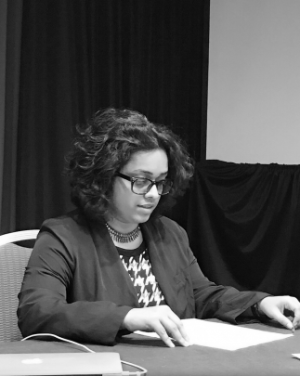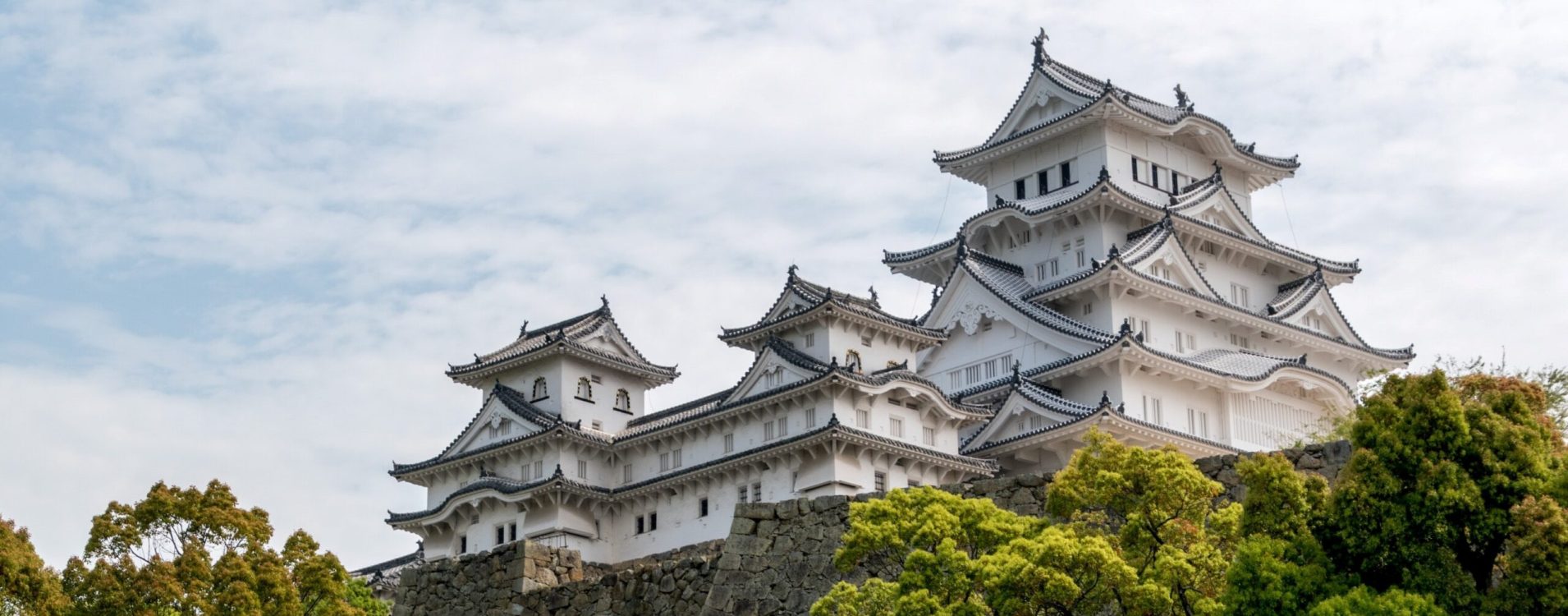
Aparna Parikh
Curriculum Vitae

Websites:
| Kinkaid, E., Parikh, A. & Ranjbar, A. 2021. “Coming of age in a straight white man’s geography: Reflections on positionality and relationality as feminist praxis.” Gender, Place and Culture: Interventions, 1-16. |
| Parikh, A. 2021. “Urban margins and the global intimate.” ACME: An International Journal of Critical Geographies, 20 (4), 341-345.
|
| Parikh, A. 2021. “Urban commons to private property: gendered environments in Mumbai’s fisher communities.” Environment and Planning D: Society and Space, 39 (2), 271-88.
|
| Parikh, A. 2020. “Urban as palimpsest: neoliberal environments, fishing livelihoods, and toxic landscapes in Mumbai, India.” GeoHumanities, 6 (1), 139-54
. |
| Parikh, A. 2019. “Insider-outsider as process: drawing as reflexive feminist methodology during fieldwork.” cultural geographies, 27 (3), 437-52.
|
| Parikh, A & Miller, C. 2019. “Holy cow! Beef ban, political technologies, and Brahmanical supremacy in Modi’s India.” ACME: An International Journal for Critical Geographies, 18 (4), 835-74.
|
| Parikh, A. 2019. “Liminality of women’s leisure in Mumbai, India.” Environment and Planning C: Politics and Space.
|
| Parikh, A. 2019. “Inroads for the outsourced: Call-center graveyard shifts and the impact of women on the nocturnal streets of Mumbai, India.” Suffragette City. Routledge, 198-215.
|
| Parikh, A. 2018. “Politics of presence: women’s safety and respectability at night in Mumbai, India.” Gender, Place and Culture, 25 (5), 695-710. |
Biography:
Aparna Parikh is a feminist urban geographer whose work focuses on gendered dimensions of urban environmental belonging in South Asian cities. Parikh’s ongoing projects in Mumbai include feminist investigations of indigenous urban worlds and on housing challenges in light of authoritarian vegetarianism in India. She is also involved in collaborative projects on urban climates and on critical visual methods. Her work has been published in Gender, Place and Culture, cultural geographies, ACME: An International Journal for Critical Geographies, Environment and Planning C, GeoHumanities, Environment and Planning D, and she has chapters in The Routledge Companion to Modernity, Space and Gender and in Suffragette City: Women, Politics, and the Built Environment.
Recent Courses:
South Asia
Research Interests:
South Asia
